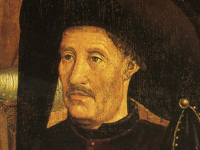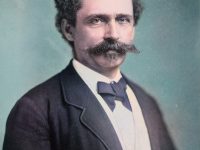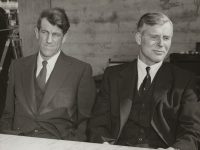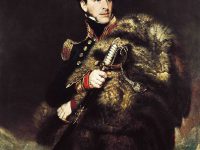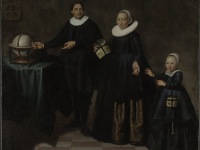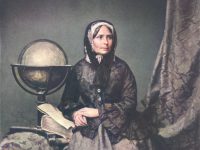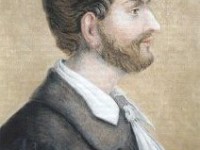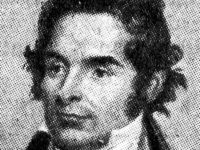The Adventures of Sir Richard Francis Burton in Africa
On March 19, 1821, Sir Richard Francis Burton, British geographer, explorer, translator, writer, soldier, orientalist, cartographer, ethnologist, spy, linguist, poet, fencer and diplomat was born. He was known for his travels and explorations within Asia, Africa and the Americas, as well as his extrardinary knowledge of languages and cultures, among them also his journey together with John Hanning Speke [4] as the first Europeans to visit the Great Lakes of Africa in search of the source…
Read more



